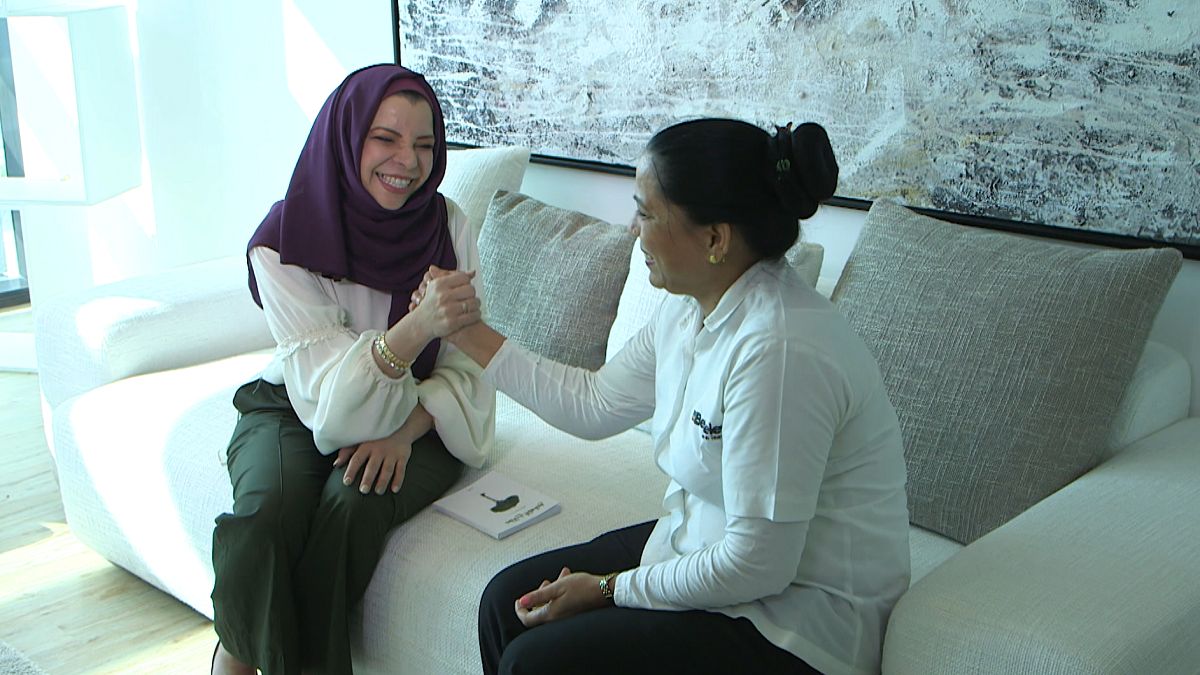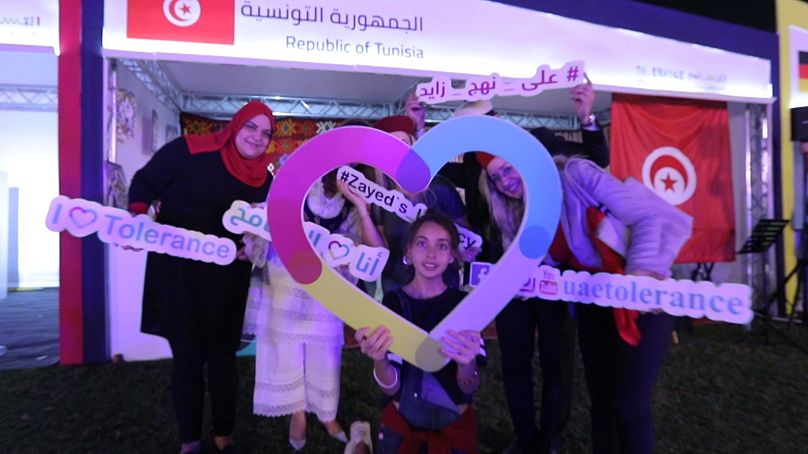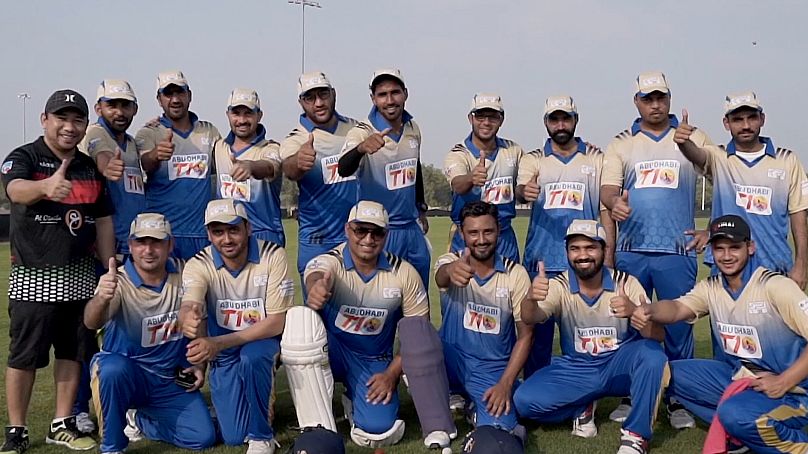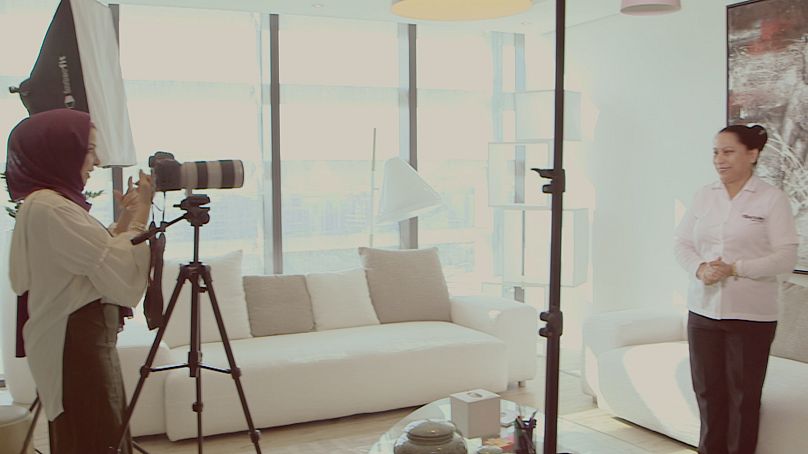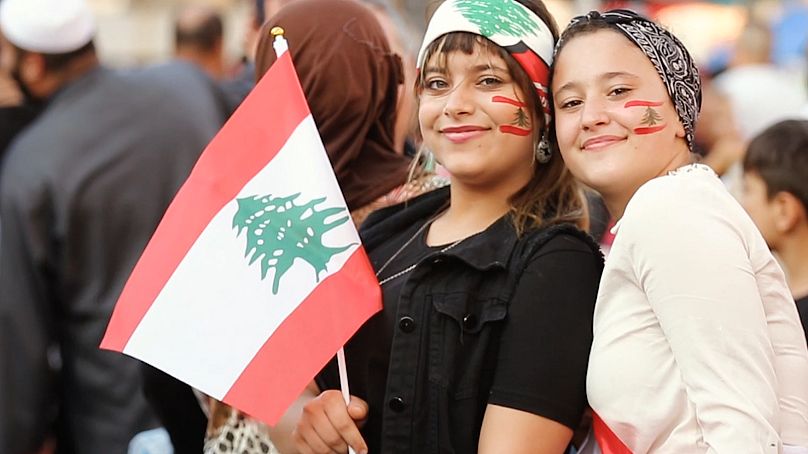Tolerance holds different meanings for different people.
Tolerance holds different meanings for different people.
For some, it means not being prejudiced. For others, it’s the ability to endure the existence or behaviour of those they disagree with.
According to the United Nations Education Scientific and Cultural Organization (UNESCO), it’s a conscious decision to recognise people’s fundamental rights and the inclusion of their diversity.
In some parts of the MENA region, tolerant societies remain a work in progress, according to London’s 2018 Legatum Prosperity Index, which measures the wealth and well-being of 149 countries.
The UAE ranks 39th globally, the highest among Arab states on the list.
UAE TOLERANCE INITIATIVES
The emirates appointed a Minister of State for Tolerance in 2016, dedicated to promoting the qualities of acceptance and inclusion among residents.
The country also held its second National Festival for Tolerance this year.
The nine-day-event hosted multicultural activities and musical performances for UAE residents from more than 200 countries.
The festival highlighted inclusion and the accomplishments of people with disabilities. It also featured a cricket match in which foreign workers, primarily from the subcontinent, took part.
Abir Kazbour, an author and filmmaker originally from Lebanon, is a member of the UAE Champions of Tolerance program, which teaches residents methods to communicate the message of acceptance and understanding.
Kazbour is currently working on a short film to recreate a personal experience she had of a cultural misunderstanding when should would regularly extinguish her Indian flatmate’s candles.
Unknowingly, she was disrupting her fellow roommate’s prayer rituals and once the cultural clash was cleared up, the pair were brought closer together.
“When we talked and there was dialogue between us, we could understand and sympathize with each other,” says Kazbour, recalling the anecdote from her book called The Key of Tolerance.
For Kazbour, the issue of tolerance hit home at an early age in 1997, when she was visiting family in Tripoli, Lebanon.
“Most of them were from one sect,” she says. “So, when we said we were going to our neighbour’s, for example, they would say, “No! How can you go to them? They’re from a different sect, they hate us.”
This type of closed mindedness went some way to helping the author decide to live outside of Lebanon.
TOLERANCE & UNITY IN LEBANON
This October, Lebanese nationals came together and took to the streets in protest about the actions of the government.
Lebanon is governed by 18 different religious groups, which decide how citizens marry, inherit money and even how they’re buried.
Some believe this has contributed to the country’s social and economic malaise.
Beirut organisations like Adyan have been working to unify Lebanese people through education since 2008.
“What we need to do is to get people to live that diversity as an enrichment, and not as a fear from each other,” says Dr. Nayla Tabbara, the director of the Institute of Citizenship and Diversity at Adyan.
POTENTIAL REMEDIES FOR EXTREMISM
Dr. Tabbara says that in addition to unifying people and encouraging positive societal change, practicing tolerance can also help prevent isolation and radicalism.
“We see a direct connection actually between extremism and tolerance,” she explains. “Extremism is, by definition, when you don’t accept difference - a different point of view.”
Forces which also make people vulnerable to extremist groups include a lack of economic incentives and sense of belonging, according to Hedayah, a global counter terrorism centre in Abu Dhabi.
In partnership with the European Union and other groups, Hedayah works to create educational programs for youth in Kyrgyzstan.
Together they’ve developed ways to inform young people about the importance of having a strong sense of identity and belonging within their communities.
They cite that cultural and recreational activities can help young ones, especially in rural areas, follow the right path.
SEEN ON SOCIAL MEDIA: CELEBRATING TOLERANCE
Prince from India captured this moment at the National Festival of Tolerance in Abu Dhabi, saying it reflected the joyful mood of the event.
